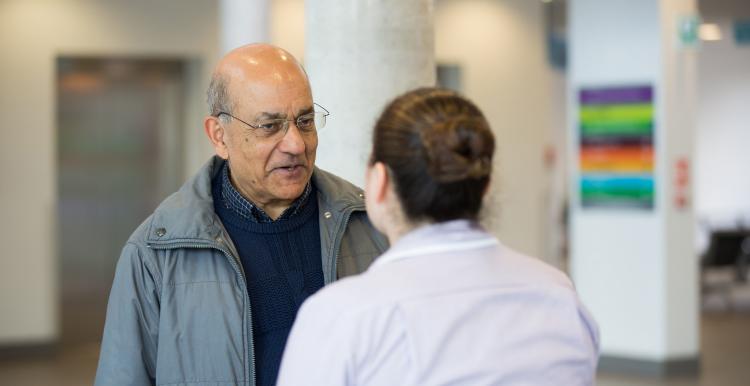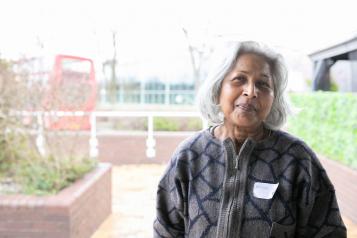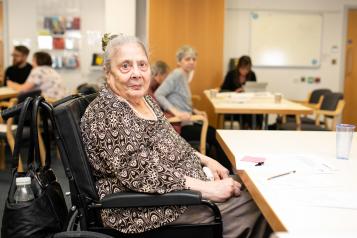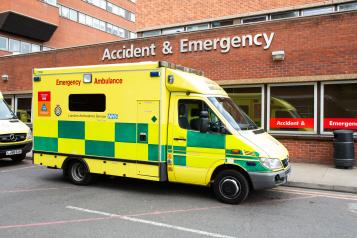Greater Manchester unveils plans to transform care in early years, dementia and frailty through innovative digital technology

Plans include:
• £14.3m digital transformation programme to develop advanced technologies across public services
• Dementia, frailty and early years amongst the first areas to test innovative new approaches
• Joining up information will empower people to live well, integrate care and save lives
Greater Manchester’s NHS and Councils are working together to develop and test new advanced technologies that will join up vital information across public services and empower people to live well, integrate care and save lives.
While there have been many technological advances across the city-region, public services operate a variety of different technical systems that are unable to share information, which impacts on the quality of care and services people receive.
Under the plans, a suite of new technologies will be developed to allow the safe and secure sharing of information between professionals, improve the accuracy of data and provide people with insights to take charge of their own health and wellbeing.
The Greater Manchester Combined Authority (GMCA) is contributing up to £6.8m as part of the project, with a further £7.5m coming from the Greater Manchester Health and Social Care Partnership (GMHSCP), under NHS England’s national Local Health and Care Record (LHCR) transformation programme.
The technology will first be tested to improve care for people living dementia or who are frail by enabling critical information to be shared between patients, carers and professionals. Around 30,000 people are estimated to live with dementia in Greater Manchester, with around £270m spent on care and treatment each year. The new technology will support more robust integrated care planning, help people maintain their independence and detect changes in their condition to avoid hospital admission.
It will also be used to digitise the paper-based assessments used to review a child’s development up to the age of five. Parents and guardians will be able to complete and review the tests online, which will directly feed into the child’s health record and help identify children who need additional support. It will also free-up valuable clinical time for health visiting teams, equating to around £10m per year in productivity once rolled out across the city-region.
Once developed and tested, the technology platform can then be adopted by other service areas to drive rapid improvements into the health and wealth of Greater Manchester’s 2.8m citizens.
Despite the digital revolution, public services have been left behind. All too often important information is held on hundreds of different systems which cannot be accessed from one place, so people end up having to repeat their story, care is not joined up, important information is missed and problems are not identified early, which in extreme cases could lead to harm.
Each locality has already made good progress on sharing information locally, but we now need to move beyond the basic ability to share information to maximising the opportunities brought by devolution and take a GM-wide approach to digitally transforming our public services.
This will allow us to provide more personalised, integrated care and treatment, supported by rich data and next generation technology. It will ensure we continue to be at the leading edge of health innovation, supporting a continued increase in jobs, growth and prosperity for all.
Investing in and upgrading digital technology is fundamental to transforming our public services, so that we can provide better care and support to local people now and into the future.
For instance, when we look at our top priorities, like ensuring children are ready for school, we find that parents and guardians don’t have sufficient access to information about their child’s development and professionals struggle with how fragmented the information is. This new digital transformation programme is key to unlocking this and helping our families to realise their full potential.
In May last year, NHS England announced that Greater Manchester is one of five LHCR exemplar regions as part of a national digital transformation programme to create regional information sharing environments between health and care services.
A robust procurement process is now underway to select the preferred providers to deliver the various technology solutions, which will be announced later in the year.
We would like to hear your thoughts on the plans. You can share your thoughts with us via:
feedback@healthwatchsalford.co.uk
0330 355 0300


